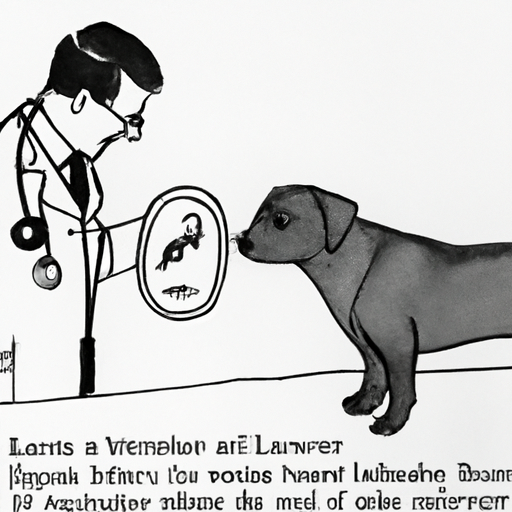Living with a pet is a journey filled with love, joy, and at times, worry. As a caregiver, you’re always concerned about your pet’s health, and one health issue that can cause anxiety is high liver enzymes in dogs. Understanding what causes these elevations and how to manage them can provide peace of mind.
Understanding Liver Enzymes
Liver enzymes are proteins that speed up biochemical reactions in the liver. When your dog’s liver is damaged or inflamed, these enzymes leak into the bloodstream, leading to elevated levels. Here are the four primary liver enzymes that are often elevated in dogs:
- Alanine aminotransferase (ALT)
- Aspartate aminotransferase (AST)
- Alkaline phosphatase (ALP)
- Gamma-glutamyl transferase (GGT)
| Liver Enzyme | Function |
|---|---|
| ALT | Helps metabolize proteins |
| AST | Aids in the breakdown of red blood cells |
| ALP | Involved in bile production |
| GGT | Helps transfer amino acids |
Common Causes of High Liver Enzymes
There are several causes of high liver enzymes in dogs, including:
- Infectious diseases: Bacterial, viral, or fungal infections can cause inflammation and damage to the liver, leading to elevated liver enzymes.
- Toxins: Exposure to certain toxins, such as chemicals or poisonous plants, can harm the liver.
- Certain medications: Some drugs can cause liver damage, especially if used long-term. Always consult with your vet before administering any medication.
- Cancer: Liver tumors can cause an increase in liver enzymes.
- Liver diseases: Conditions like hepatitis, cirrhosis, or liver shunts can lead to elevated liver enzymes.
Symptoms to Watch For
High liver enzymes don’t always produce visible symptoms. However, if they do, you might notice:
- Loss of appetite
- Weight loss
- Lethargy
- Increased thirst and urination
- Yellowing of the eyes and gums (jaundice)
- Vomiting or diarrhea
Diagnosis and Treatment
If your vet suspects your dog has high liver enzymes, they will perform a blood test. Depending on the results, further tests like ultrasound, biopsy, or x-rays may be necessary to identify the underlying cause.
Treatment depends on the cause. It may involve medication, dietary changes, surgery, or other interventions. Regular monitoring of liver enzyme levels is also crucial.
Preventing High Liver Enzymes
While you can’t prevent all causes of high liver enzymes, there are steps you can take to support your dog’s liver health:
- Regular vet check-ups
- Proper diet and regular exercise
- Avoid exposure to toxins
- Be mindful of medications
FAQ
Q: Can diet affect my dog’s liver enzyme levels?
A: Yes, a balanced diet is crucial for liver health. Overeating or a diet high in fat can strain the liver.
Q: Are certain breeds more prone to elevated liver enzymes?
A: Some breeds such as Doberman Pinschers and West Highland White Terriers are more prone to liver disease, which can lead to high enzyme levels.
Q: Can high liver enzymes be a temporary condition?
A: Yes, in some cases, high liver enzymes can be a temporary response to an infection or toxin exposure. However, persistent elevations require veterinary attention.
Q: Is there a specific medication to lower liver enzymes?
A: There’s no one-size-fits-all medication. Treatment depends on the underlying cause and may involve various medications.
Remember, as a loving caregiver, you play a vital role in your dog’s health. Regular vet visits, a balanced diet, and an attentive eye can go a long way in keeping your furry friend healthy.



